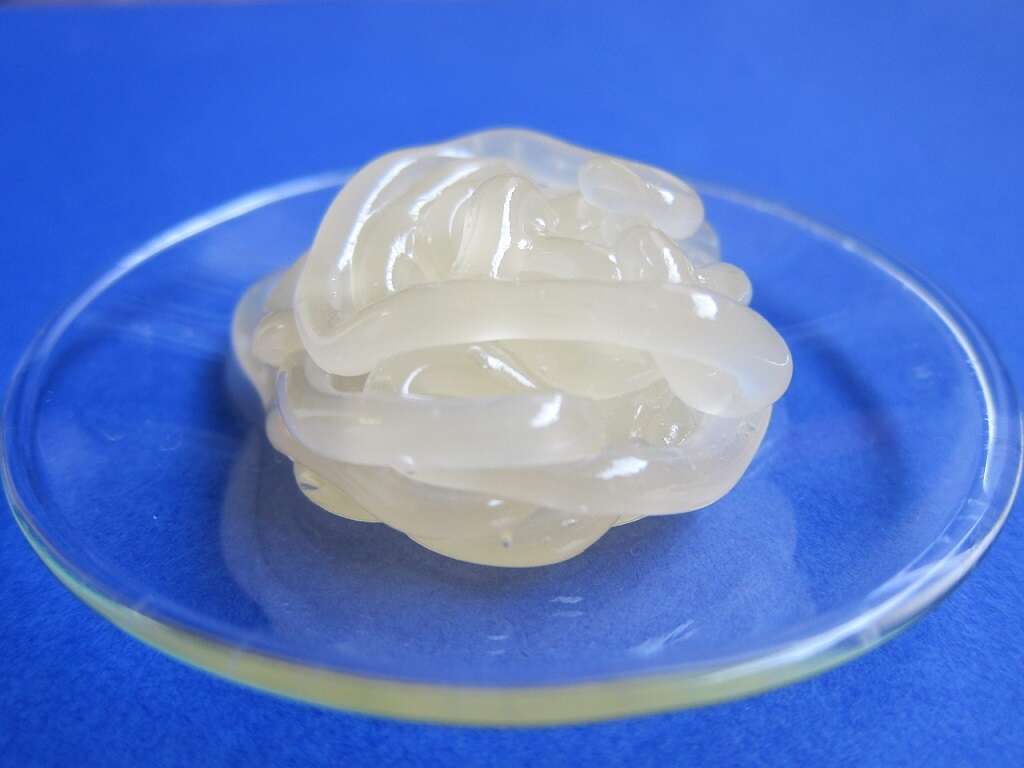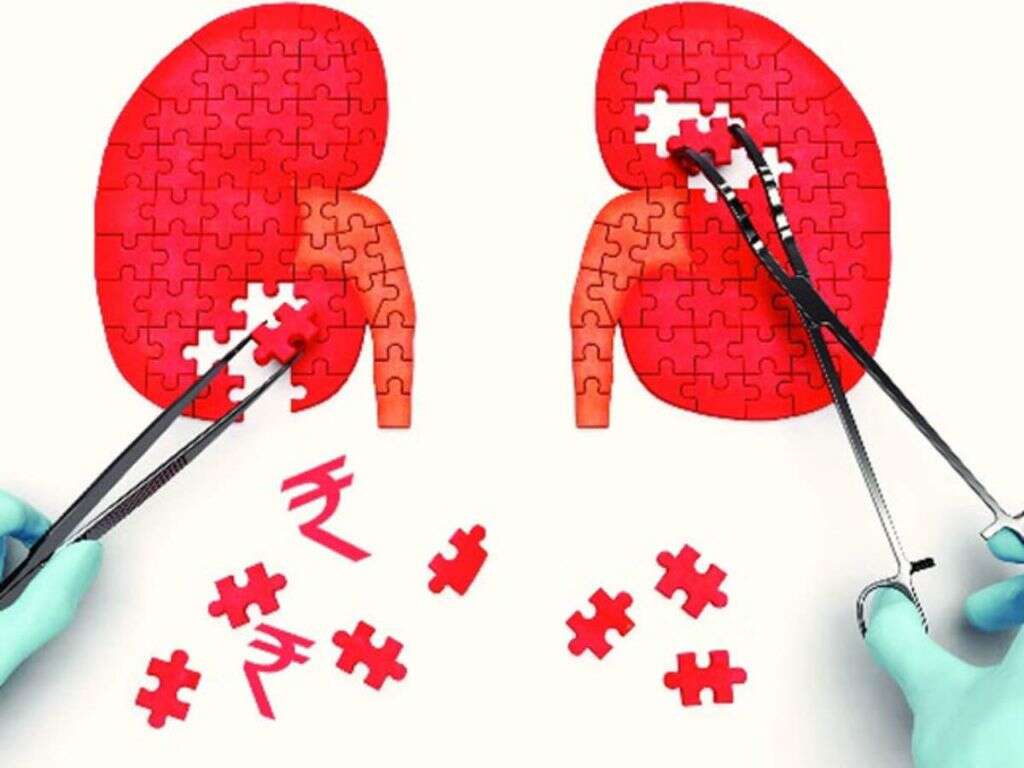10 BV Symptoms
Bacterial vaginosis, or BV, is the most common cause of vaginal infection to women in their childbearing years, ages 15 to 44. However, it can affect women of any age who are sexually active. It's characterized by inflammation caused by excessive growth of anaerobes, a naturally occurring bacteria in the vagina. When the bad anaerobic bacteria outgrows the good lactobacilli bacteria, the vaginal balance changes and infection can occur.1‘Bacterial Vaginosis.’ Mayo Clinic, 1 May 2019, mayoclinic.org/diseases-conditions/bacterial-vaginosis/symptoms-causes/syc-20352279
Learning the symptoms of BV, how they differ from yeast infections and its risk factors can help to avoid the complications that sometimes occur with this condition.
Discolored Vaginal Discharge
Vaginal discharge is completely natural. However, its color and smell are essential clues to vaginal health. If vaginal discharge changes color from a healthy hue of clear or milky whitish, bacterial vaginosis may be to blame.
Stretchy, sticky or watery discharge with a subtle scent is usual and can change, depending on your menstrual cycle. Discharge tinged gray, yellow or green may be an indicator of BV.1‘Bacterial Vaginosis.’ Mayo Clinic, 1 May 2019, mayoclinic.org/diseases-conditions/bacterial-vaginosis/symptoms-causes/syc-20352279 The shift may be slight, but any change is a good enough reason to get checked. Because BV has few if any symptoms, subtle shifts like vaginal discharge color is sometimes the only clue something is amiss.

Itching or Burning
Itching and burning is another BV symptom, though they're not as common as a "fishy" smell and watery discharge of a gray or white color. Itching may occur at any point during the infection, while burning due to BV generally occurs during urination.1‘Bacterial Vaginosis.’ Mayo Clinic, 1 May 2019, mayoclinic.org/diseases-conditions/bacterial-vaginosis/symptoms-causes/syc-20352279
An itching or burning around the outside of the vagina also mimics symptoms of other conditions, so even if this is the only symptom, it is best to get it checked out to resolve the discomfort and treat whatever is happening.

Foul Smell
One of the trademark symptoms of BV is a foul smell stemming from vaginal discharge, which can cause the entire vaginal region to have an odor. This odor is sometimes strong enough to be smelled through clothing.
It is generally characterized as a fishy scent. The smell may be stronger after sexual activity or during menstruation. Other vaginal infections may have similar symptoms to BV, but the fishy smell is what distinguishes this condition from others.2‘Bacterial Vaginosis.’ Cleveland Clinic, 5 June 2020, my.clevelandclinic.org/health/diseases/3963-bacterial-vaginosis

Swelling or Soreness
Swelling and soreness also rank among the less common BV symptoms but can be present for those experiencing itching and burning.2‘Bacterial Vaginosis.’ Cleveland Clinic, 5 June 2020, my.clevelandclinic.org/health/diseases/3963-bacterial-vaginosis It may be worse for women who scratch their itching vagina because that can further irritate the area, which is already sensitive.
Women experiencing soreness or swelling as part of a BV diagnosis should see a health provider immediately, as this may indicate a more serious complication.2‘Bacterial Vaginosis.’ Cleveland Clinic, 5 June 2020, my.clevelandclinic.org/health/diseases/3963-bacterial-vaginosis

Vaginal Changes
Any other vaginal changes could be an indicator of BV or another issue in this region of the body. Some women have few to no symptoms of BV at all, which is why paying attention to the smallest changes can help to maintain optimal vaginal balance.1‘Bacterial Vaginosis.’ Mayo Clinic, 1 May 2019, mayoclinic.org/diseases-conditions/bacterial-vaginosis/symptoms-causes/syc-20352279
This is especially important for women who have a history of BV infections, as these cues may prompt them to seek treatment before infections rage out of control.

Difference Between BV and Yeast Infections
While BV and yeast infections are similar in presentation, there are a few small differences between the two. Yeast infections have the trademark cottage cheese discharge, while BV generally does not. Yeast infections typically do not cause the fishy smell that BV does.
Both may be accompanied by some itching and burning, but these symptoms are much more common in yeast infections than in BV. Yeast infections can sometimes be treated by over-the-counter medications, while BV requires antibiotics when treatment is necessary.2‘Bacterial Vaginosis.’ Cleveland Clinic, 5 June 2020, my.clevelandclinic.org/health/diseases/3963-bacterial-vaginosis

Risk Factors
While the cause of BV remains unclear, there are some risk factors that may increase the chances of developing it. Multiple sex partners or even a new partner can contribute to the overgrowth of bacteria that causes BV. Douching is another risk factor, as this practice rinses the vagina of all bacteria, including the good kind.1‘Bacterial Vaginosis.’ Mayo Clinic, 1 May 2019, mayoclinic.org/diseases-conditions/bacterial-vaginosis/symptoms-causes/syc-20352279
Some women simply don't produce enough good bacteria naturally, which can increase their chances of developing BV.

Diagnosis
A medical practitioner can diagnose BV through fluid samples taken from the vagina.2‘Bacterial Vaginosis.’ Cleveland Clinic, 5 June 2020, my.clevelandclinic.org/health/diseases/3963-bacterial-vaginosis These samples are then sent to a lab, where they are analyzed for the presence of bacteria that indicates BV. This is the best way to rule out any other conditions that may have similar symptoms.
A diagnosis is necessary for effective treatment, so this is the reason it is important to see a medical practitioner for those suspected to have developed BV.

Treatment
Sometimes, BV infections clear up on their own without treatment.2‘Bacterial Vaginosis.’ Cleveland Clinic, 5 June 2020, my.clevelandclinic.org/health/diseases/3963-bacterial-vaginosis However, given the possible complications that may stem from BV, practitioners may opt to prescribe antibiotics.
These medications may come in pill form to be ingested orally or in the form of a gel or cream inserted directly into the vaginal cavity. A practitioner may also recommend similar gels or creams to help soothe any itching, burning or discomfort associated with BV.

Complications
While BV does not typically cause major issues, complications are possible. BV has been linked to preterm birth in pregnant women. BV may also contribute to increasing the spread of sexually transmitted diseases, including HIV, or infections after vaginal surgeries.
BV can also sometimes cause pelvic inflammatory disease, which is an infection of the uterus and fallopian tubes. This issue can increase the risk of infertility in some women.1‘Bacterial Vaginosis.’ Mayo Clinic, 1 May 2019, mayoclinic.org/diseases-conditions/bacterial-vaginosis/symptoms-causes/syc-20352279












